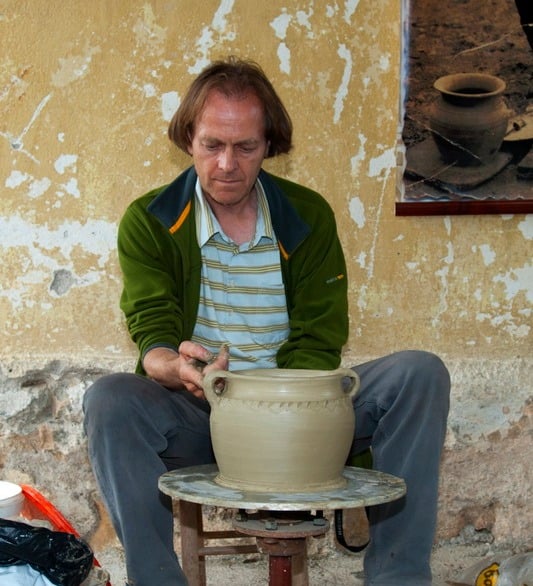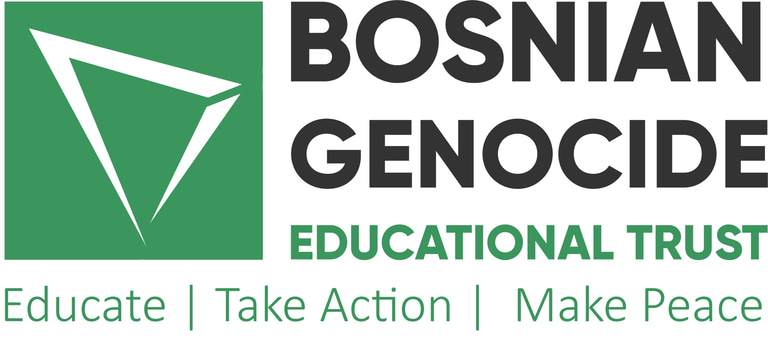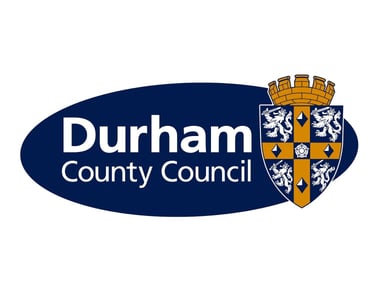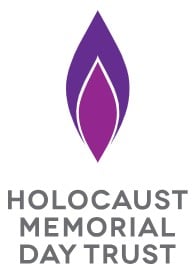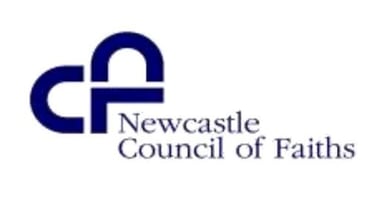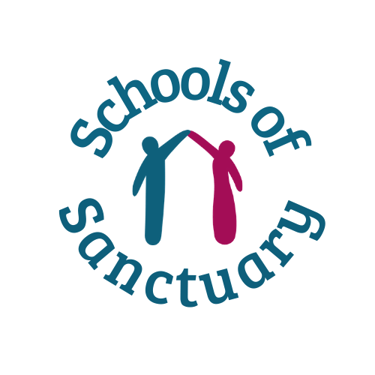“The old man on the bridge, who whispers….
How can this happen
Here, of all places, where we’re so humane?”
Semezdin Mehmedinovic, Bosnian poet (1960-)
Our Trustees
The work of our trust, including governance and strategic vision of our work, is overseen by a board of Trustees. Our Trustees come from a range of backgrounds and work closely with our advisors; partners and volunteers to ensure we successfully achieve our aims and vision.
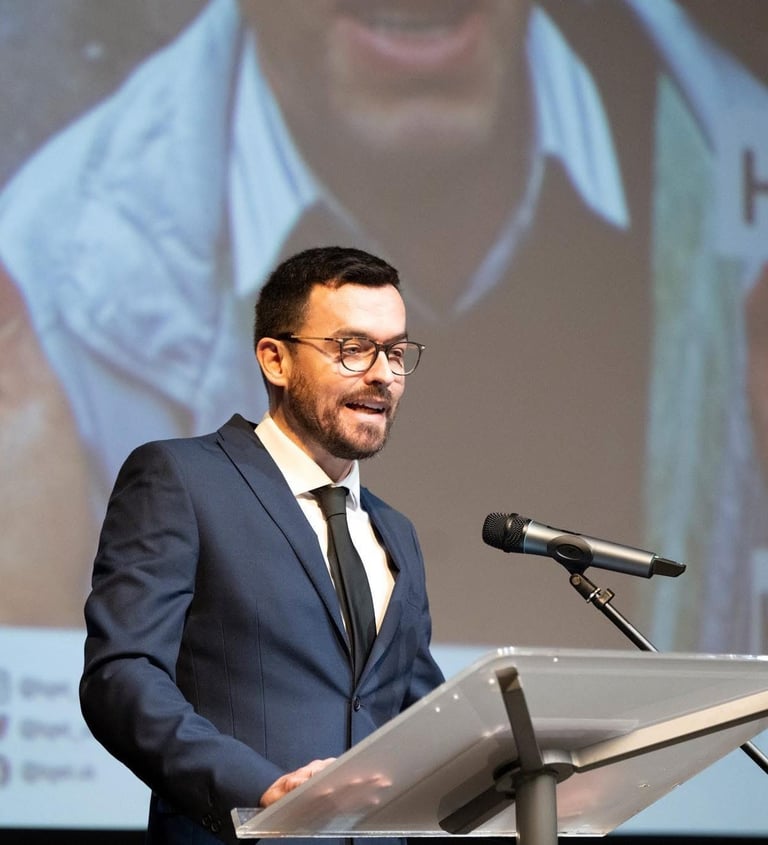

At the outbreak of the Bosnian war in 1992 Smajo was growing up in the ethnically mixed village of Barane, above the town of Stolac, eastern Herzegovina. He experienced the occupation of his village by Serbs who, briefly, took control of Stolac. Local Bosniaks (Muslims) and Bosnian-Croats under the Croatian led HVO led to their expulsion, but the situation deteriorated when in April 1993 the HVO, under political direction, imprisoned the Bosniak (Muslim) contingent of its own army, forcibly expelling Bosniaks and Serb civilians under its control.
Smajo witnessed the destruction by Croat forces of the historic Ottoman core of Stolac as well as extensive damage to Mostar, including its historic ‘Old Bridge’ (Stari Most), where the family were in internal exile. This systematic destruction of cultural identity and architectural heritage is a subject he is further exploring through his teaching and research at Newcastle University.
The family rejected feelings of hate and the temptations of revenge and eventually found refuge in the UK. Smajo grew up in Newcastle and studied architecture at Newcastle University. He worked in private practice for several years before commencing teaching at the university. He has been working to aid cross-cultural and inter-faith understanding rather than fuelling revenge and divergence through the teaching and learning of the Bosnian Genocide for several years.
Smajo Beso OBE (Chair)
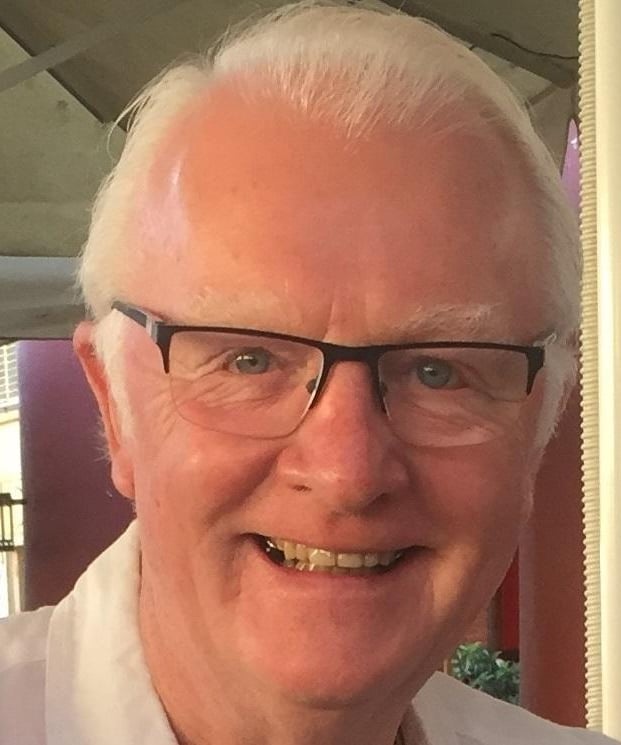

Gordon became an Emergency Aid Worker in the war-torn Balkans in 1992, as head of a British charity, Feed the Children. He would go on to spend almost 20 years in aid-related work, most of it in the Balkans but also in Georgia (post conflict), Sri Lanka (twice – after the 2004 Boxing Day tsunami and towards the end of the civil war 2009) and Myanmar (after Cyclone Nargis in 2008).
While working in Bosnia, Croatia, Serbia and Kosovo, as well as carrying out emergency aid relief work during the wars he was involved in post conflict activities. In October 1998 he was appointed Country Director for the USA NGO, International Rescue Committee (IRC) and in August ’00 he was asked to head-up the International Commission on Missing Persons (ICMP). While at ICMP he was asked by Lord Paddy Ashdown to represent the International Community of a Commission, which was to be set up by the Government of the Republika Srpska, looking into the events of the Srebrenica Genocide, which occurred in July 1995.
Gordon was born in Newcastle and grew up in Sunderland. When he left Bede Grammar School at 17 years he became a Durham Constabulary Police Cadet, joining the regular Force at 19. He had a varied Police career including beat duty, traffic patrols, Serious Incident Squad and Regional Crime Squad. In 1977, when a Detective Sergeant, he went on secondment to the then British Colony of Hong Kong as an Investigator with the Independent Commission Against Corruption. He returned to Durham Constabulary in 1984 and retired as an Inspector in 1988, and took up a position as Group Security Office for a national company.
Gordon Bacon OBE (Honorary President)
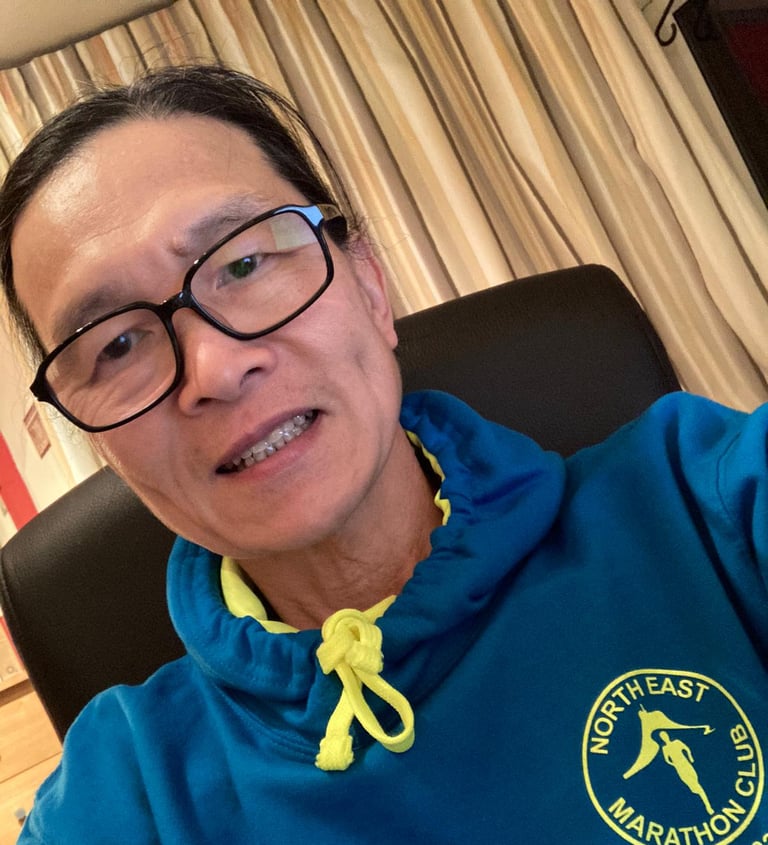

Andy Lie is a Singaporean of Indonesian-Chinese origin and has live with his family in the UK since 1986. He is currently the Ecumenical & Inter-Faith Officer for the Northern Synod of the United Reformed Church. Although he had addressed church congregations on several occasions during the annual Holocaust Memorial Day (27 January), he began and has continued his serious engagement with the tragic history and issues of Bosnia-Herzegovina since a 2018 intensive educational visit to Stolac, Mostar, Sarajevo, and Srebrenica.
Andy has maintained a special interest in inter-religious affairs throughout his working life, including the NHS, higher education, and the voluntary-community sector. In 2015-16, he spent three months on a human rights monitoring programme in the much-troubled city of Bethlehem in the occupied Palestinian territory.
In 2019, he participated in an intensive 10-day seminar for Church Leaders at Yad Vashem, the International Holocaust Study Centre in Jerusalem.
Andy Lie
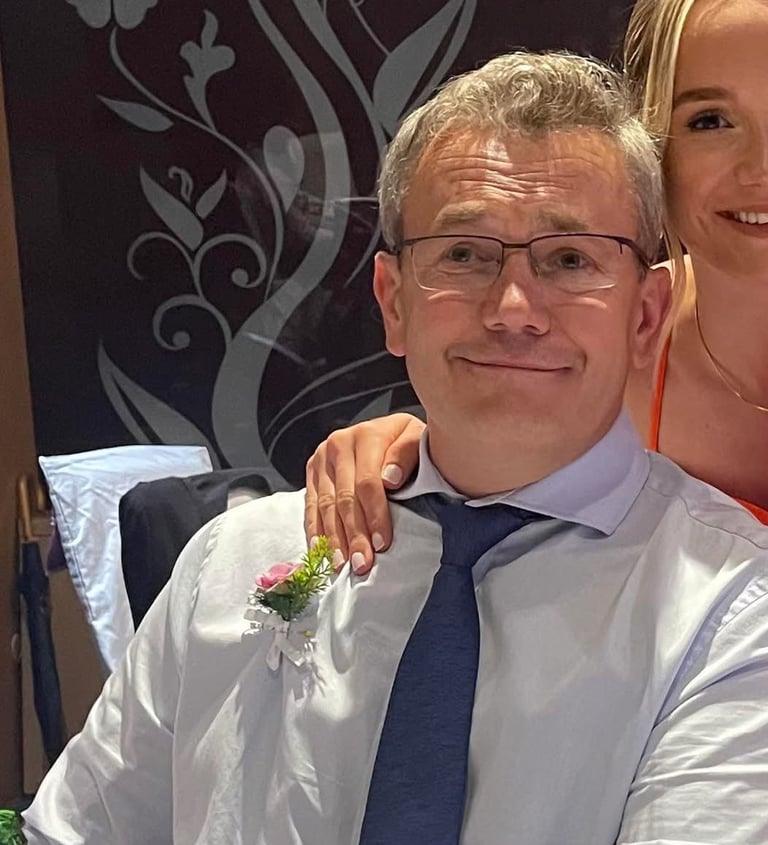

Hakija is an award-winning social care worker and trustee whose dedication to supporting the most vulnerable has been recognised by Newcastle City Council with a “Living Our Values” Award at the 2023 We Are Newcastle Colleague Awards.
Before finding his calling in social work, Hakija was a forestry student in his hometown of Žepa, Bosnia and Herzegovina, and then an ambulance driver during the Bosnian conflict. In 1996, at age 22, he was paralysed from the chest down when a grenade exploded nearby. Evacuated to Newcastle for four months of intensive treatment, he was paired with a British social worker whose compassion and advocacy inspired him to follow in her footsteps.
After two years mastering English, Hakija earned his Diploma in Social Work from Northumbria University in 2003. He began in child protection with Newcastle City Council’s Children & Families team before moving to his current role. Drawing on his own experience of crisis and recovery, Hakija now champions resilience and dignity for every person he serves.
Hakija Stitkovac
